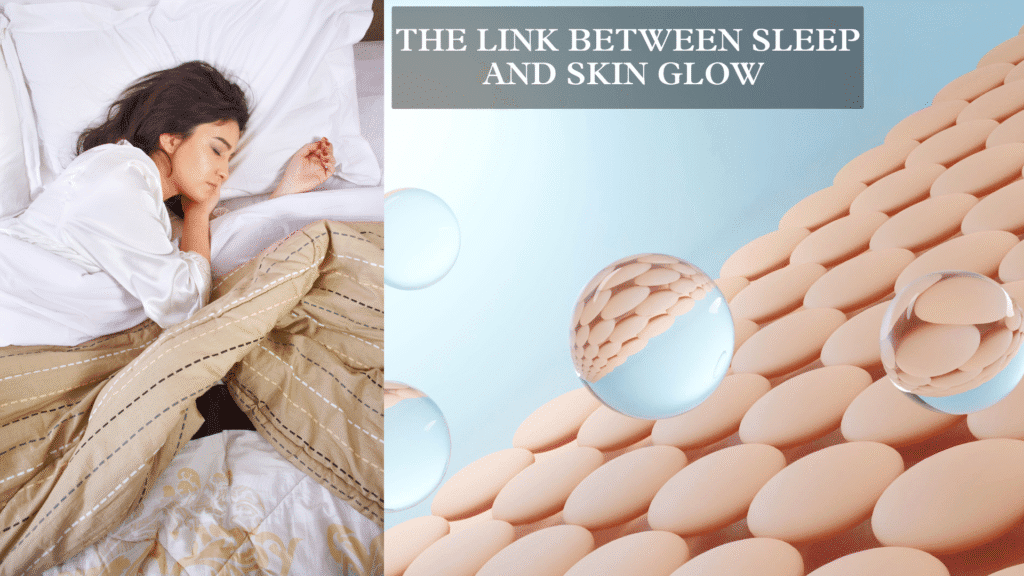
In the world of skincare, we often talk about serums, cleansers, and treatments. But there’s one underrated and completely natural skincare secret that most people overlook—quality sleep.
As dermatologists, we frequently observe that patients who sleep well tend to have smoother, more radiant skin, whereas sleep-deprived individuals often experience dullness, dark circles, and breakouts. Scientific research backs this up too: your body and skin undergo critical repair processes while you sleep.
Let’s explore exactly how sleep affects your skin health.
What Happens to Your Skin While You Sleep?
When you enter deep sleep, your body activates its most powerful regeneration mode. Here’s what happens:
1. Cellular Repair & Regeneration
Your skin cells work harder at night to replace damaged or dead cells. This helps repair the effects of:
Sun damage
Pollution
Stress
Harsh weather
2. Collagen Production Increases
Collagen is the protein that keeps your skin firm and youthful. During sleep, your body releases growth hormones that boost collagen production. This reduces:
Fine lines
Wrinkles
Skin sagging
3. Blood Circulation Improves
Sleep improves blood flow to the skin, bringing oxygen and nutrients that help skin heal and glow. That’s why your skin often looks fresher in the morning after a good night’s rest.
4. Hormonal Balance is Restored
Lack of sleep raises cortisol (stress hormone) levels. High cortisol levels can:
Trigger acne and eczema
Damage skin barrier
Cause inflammation and redness
Sleep helps regulate these hormones, reducing flare-ups and restoring balance.
What Are the Visible Effects of Poor Sleep on Skin?
If you’re not getting enough rest, your skin may show these signs:
Dark circles and puffiness under the eyes
Dull or dry skin
Frequent breakouts or acne
Premature aging signs (wrinkles, sagging)
Skin sensitivity or redness
Uneven skin tone
Dermatologist-Approved Tips for Skin-Friendly Sleep
Want to maximize your beauty sleep? Follow these skincare + sleep tips:
Sleep 7–9 Hours Every Night – Deep, uninterrupted sleep is essential for skin repair.
Use a Nighttime Skincare Routine – Cleanse, moisturize, and apply a gentle night cream to lock in hydration.
Silk Pillowcases Are Better – They cause less friction and help avoid wrinkles and hair breakage.
Avoid Screens Before Bed – Blue light delays melatonin production. Keep screens away 1 hour before sleeping.
Elevate Your Head Slightly – Helps reduce under-eye puffiness and improves lymphatic drainage.
Drink Herbal Tea or Warm Water – Helps detox the system and support skin clarity.
Stick to a Regular Sleep Schedule – Irregular sleep patterns confuse your body and delay skin repair.

